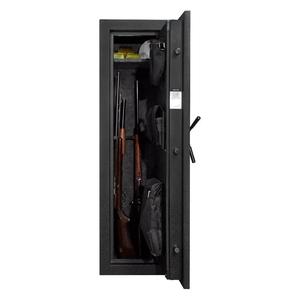Locks can be expensive, and while they’re undoubtedly a worthwhile investment, nobody wants to have to replace them sooner than they need to due to a lack of maintenance. With this in mind, here are 6 ways to care for your locks to help them last longer:
- Realignment
Realignment is often the solution to a lock that either won’t open at all, or won’t open smoothly, and by raising the strike plate and widening the strike hole in the door frame, you may be able to avoid having to buy a new lock. However, it might be wise to seek expert help with this from a locksmith.
- Door adjustment
If the door is sticking and causing the lock not to work, you’ll need to remedy the door to help preserve the lock and keep it functioning well. Expanded wood, perhaps due to extreme weather changes, can cause a door to stick, but you’ll need to shave the misshapen wood, to fix this problem.
- Lock unblocking
A stuck key in the lock could be a result of a build up of dirt, dust and debris in the crevices of the bolt or latch, or deeper inside the lock itself. Lubricating the lock may be all it takes to keep it working well for longer, but be sure to use the right kind of lubricate for the right kind of lock – if in doubt, check with a residential locksmith.
- Rust removal
Depending on the type of rust you’re dealing with, an oil-based lubricant may be enough to treat and prevent the problem. However, with extensive rust and anything other than a mortise lock, it may be more effective to have a licensed locksmith simply replace the lock.
- Prevention of freezing
With the use of isopropyl alcohol, such as in rubbing alcohol or even hand sanitizer, you may be able to clear and prevent ice in your locks, but it’s important to note that using oil-based lubricants can also attract dirt and potentially exacerbate the problem. There is also a string possibility that as a lock freezes and thaws repeatedly, rust will likely begin to form, and if it spreads to the internal mechanisms of the lock, it will need to be professionally replaced.
- Replacement key
If a key has become warped or damaged in any way – or is a copy not made from an original – it can cause unnecessary stress to the lock over time, and can cause both the key and lock to break.
Helping your locks to last longer is simple with the maintenance tips listed above, but most importantly, if your locks or keys are not working as they should, seek expert advice to resolve the problem, fast. Not only do faulty locks make your home or business vulnerable to unlawful entry, but they can end up costing you more money to fix the problem, the longer you leave them.




